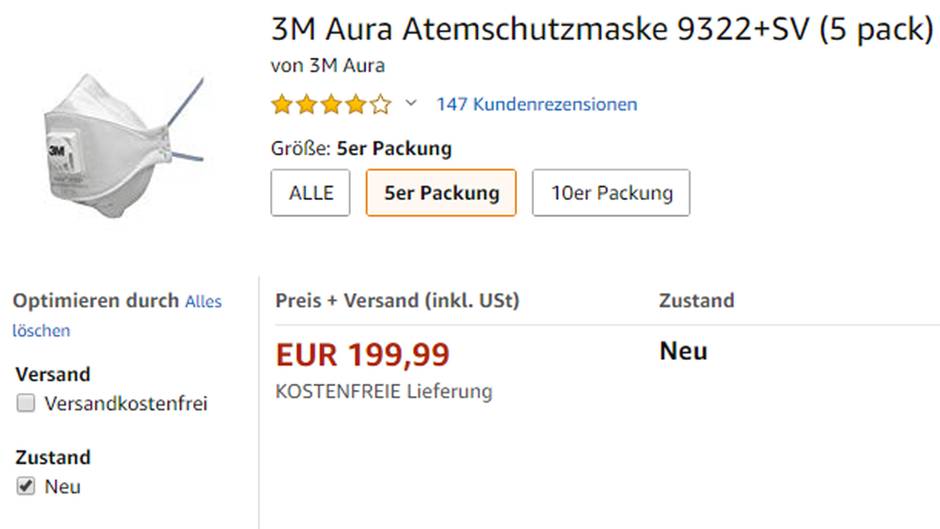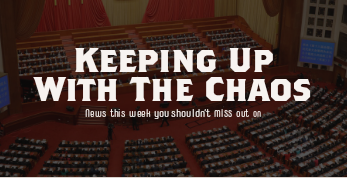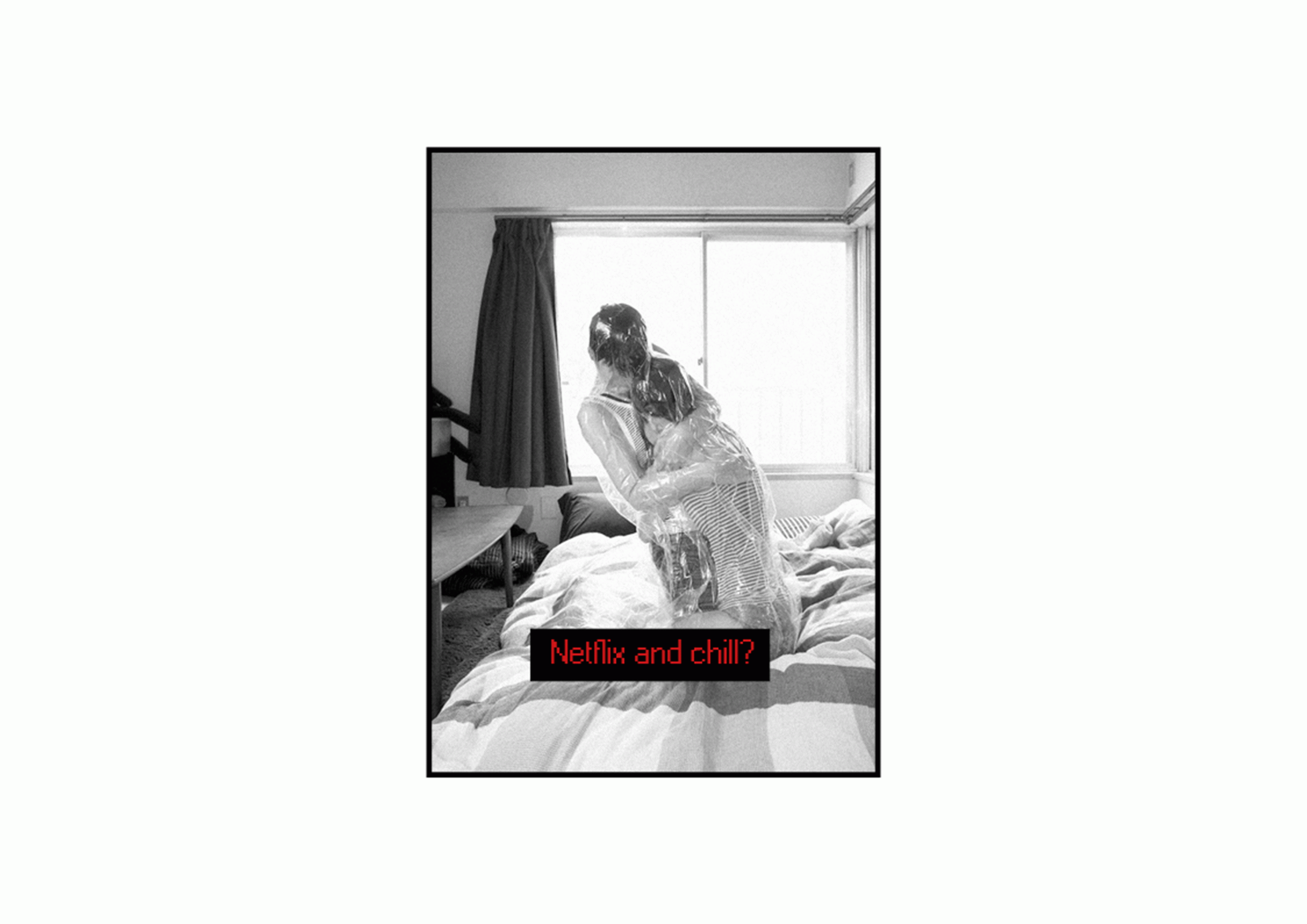How coronavirus holds up the mirror to us
In recent years, we have witnessed the emergence of various virus epidemics such as Ebola, Avian influenza, and Zika virus. These outbreaks have posed significant challenges to our medical capabilities. However, the current global panic surrounding the coronavirus, also known as COVID-19, seems to overshadow all previous dangers. This article aims to provide you with concise facts about the disease and its current state, while delving into the economic consequences through the lens of the fashion industry. By examining these aspects, we can understand why the coronavirus has triggered such a unique response.
Coronavirus, or COVID-19, is classified as a droplet infection, primarily transmitted through various body fluids. Even a simple sneeze can spread the virus to individuals in close proximity. Its treacherous nature lies in the long incubation period of up to 14 days, which necessitates extended quarantine periods—particularly burdensome for vacationers. For individuals with a stable immune system, the course of the disease is usually no more severe than that of a common flu. However, older adults and those with chronic illnesses may experience pneumonia-like symptoms accompanied by high fever, which can prove fatal. Presently, no vaccine exists to provide protection against the virus. As reported by the Frankfurter Allgemeine Zeitung, the disease has claimed over 3,000 lives to date. Furthermore, the World Health Organization (WHO) recently confirmed an additional 42 deaths from China, bringing the global total of confirmed cases to nearly 89,000.
Now, let’s delve into the implications for all of us.
The worldwide impact of the virus is undeniable. Flight cancellations and stock market fluctuations have become commonplace. Disinfectants and face masks, once easily accessible, are now being sold at exorbitant prices on platforms like Amazon and eBay. Dietlind Gallin, a pharmacist in Germany, shared her experience of witnessing a surge in demand for breathing masks, emphasizing their importance for emergency preparedness. However, she stressed that equipping medical staff in clinics should be the top priority. The Robert Koch Institute echoes this sentiment, advising people to frequently wash their hands, which remains a fundamental recommendation.

The scarcity of hygiene products is just one example of the supply bottlenecks that have arisen since the virus first emerged four months ago. Specifically, the fashion industry, a sector of great interest to TITLE, has been significantly affected. The Fashion Week in Milan, held from February 18th to 24th, experienced a notable absence of Chinese buyers, leading to stagnating sales. Luxury brands, one after another, have downgraded their growth forecasts for the year. Dependence on China has become crucial for many exclusive fashion manufacturers, with some conducting a third of their business in the country. In 2019, Chinese consumers accounted for 90 percent of the industry’s growth, with notable brands like Gucci relying on the Chinese market. The French luxury holding company, Kering, generating the majority of its €15.8 billion in sales through the Florentine fashion brand, reported that 34 percent of its sales occur in China. Since January 24th, virtually no significant commercial activity has taken place in the country, with closed shopping centers, reduced opening hours, and a lack of customers. Even online trade has suffered due to paralyzed logistics centers. Consequently, Europe and the USA have also started feeling the reverberations of this crisis.
While demand dwindles on one end, the supply side faces its own set of challenges. The manufacturing standstill in low-cost countries, particularly China, has resulted in supply bottlenecks for new fast fashion collections. China’s fashion industry has ground to a halt, and the environmental consequences are profound. Aerial images of China reveal the potential outcome under different production circumstances.
Associated British Foods (ABF), the parent company of Primark, issued a warning in London regarding the ramifications of the coronavirus during the presentation of its interim economic report. According to the company, over 40 percent of Primark’s products originate from China. Typically, stocks from China suffice for several months. The report suggests that short-term effects may not be imminent; however, a prolonged production delay due to the virus could intensify the risk of supply bottlenecks throughout the financial year. This, in turn, would result in empty shelves and clothing racks, leaving customers disappointed. Unlike previous epidemics, which primarily affected people’s daily lives and the pharmaceutical industry, the impact of the coronavirus has permeated all aspects of society, generating a pervasive sense of panic. TITLE aims to shed light on the reasons behind this phenomenon and elucidate the lessons we can learn from this disease.
Unlike Ebola and avian influenza, COVID-19 has attracted a vast array of conspiracy theories and raised doubts about media reporting. Some theories speculate that the virus is part of a planned strategy to control population growth, while others propose it as a covert maneuver by the USA against its economic rival, China. The epidemic has given rise to a multitude of opinions. Contributing to this phenomenon is the erosion of trust in politics and journalism. In an era where political decisions are communicated via Twitter, often accompanied by personal insults towards opponents without repercussion, public trust in traditional institutions continues to decline worldwide. This loss of trust extends to the fundamental moral fabric of society, with an increasing prevalence of brutality and division instead of unity. Paradoxically, despite the virus originating from a fish market in the Chinese city of Wuhan, people have not rallied behind their Chinese counterparts; instead, racist comments blaming Chinese individuals for the epidemic have surfaced, portraying them as unhygienic and responsible for the global crisis.



























